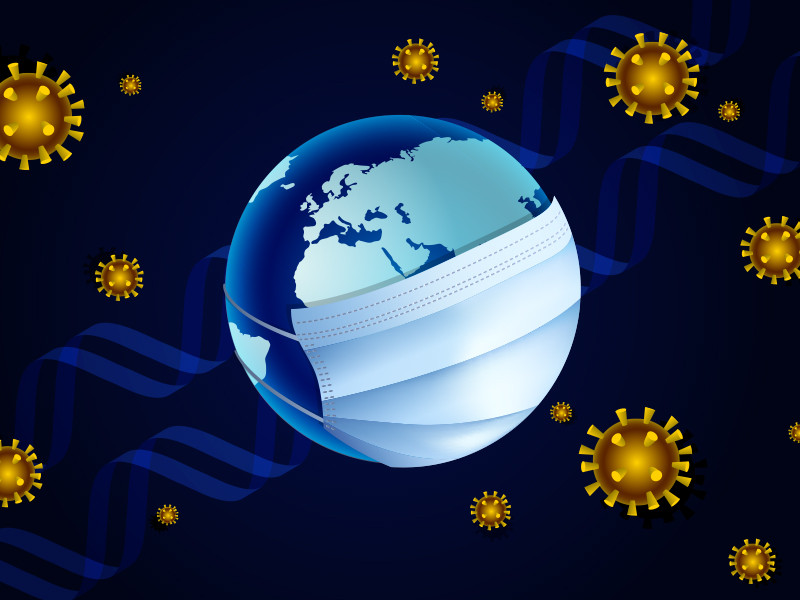Jakarta: As covid-19 cumulative cases in Africa top 3 million and daily case numbers exceed the first wave peak, the continent is now confronted with emerging variants of the virus, according to the World Health Organization (WHO).
Since mid-September 2020, overall cases in the region have risen steadily, with a steeper rise from late November.
In addition, a new variant of the virus called 501Y.V2 is circulating widely in South Africa, accounting for most of the new infections during the second wave.
Therefore, to avert a runaway surge in infections that could stretch health facilities to the breaking point, revamped public health measures are ever more critical.
"Even if the new variant is not more virulent, a virus that can spread more easily will put further strain on hospitals and health workers who are in many cases already overstretched," said Dr Matshidiso Moeti, the WHO Regional Director for Africa, in a press release on Thursday.
"This is a stark reminder that the virus is relentless, that it still presents a manifest threat, and that our war is far from won," Moeti stated.
Mutations of the virus are unsurprising as the more the pandemic spreads the higher the likelihood of changes. However, preliminary analysis finds the 501Y.V2 variation to be more transmissible. Genomic sequencing has found the variant present in Botswana, the Gambia and Zambia.
Deeper investigations are underway to fully understand the epidemiological implications, but at present there are no indications the new variant increases the severity of the disease.
With WHO support, African countries are reinforcing genome sequencing efforts, which are key to finding and understanding new variants as they emerge and to help blunt their impact.
WHO and the Africa Centres for Disease Control and Prevention network of genome sequencing laboratories in Africa is supporting governments with training and data analysis on genome sequencing, bioinformatics and technical expertise.
WHO has also developed guidance on containing new variants and is assisting countries to manage and safely transport samples for sequencing and analysis.
While much progress is being made in building genome sequencing capacity, the more than 5000 sequences which have been conducted so far in the region account for just 2% of global sequencing data.
Cek Berita dan Artikel yang lain di Google News
FOLLOW US
Ikuti media sosial medcom.id dan dapatkan berbagai keuntungan



















